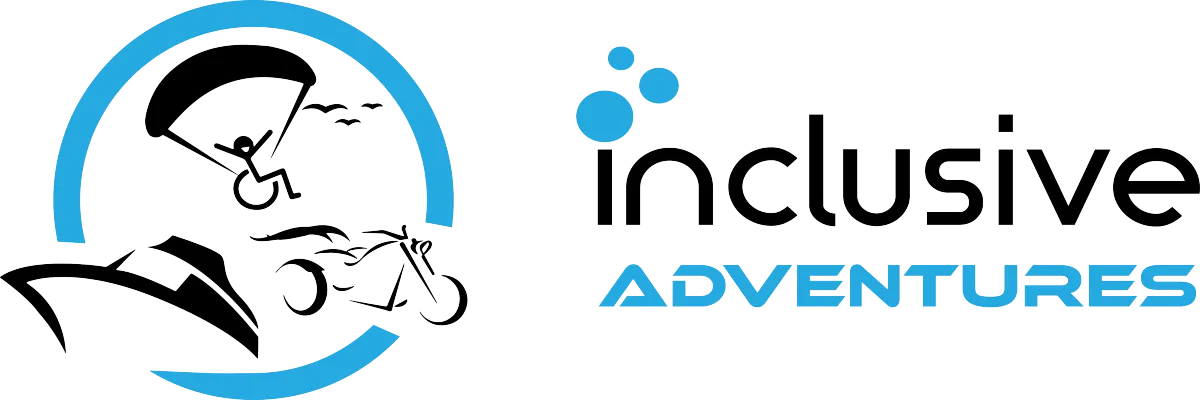Getting to Be a Ship's Captain: The Road Ahead
Being a ship's captain requires passion for the ocean, technical proficiency, and leadership, This is a fulfilling work path. Whether you choose to operate a pleasure or commercial ship, this sector offers a ton of opportunities for adventure and career progress. A book called Anchors Aweigh: Your Journey to Become a Ship's Captain will walk you through the ship sailing career path. It prioritizes inclusivity and accessibility in the marine sector.
1. The Captain's Function in the Recognition of a Ship
The crew and passenger safety as well as the safe and effective functioning of the ship are within the captain's jurisdiction. The navigation, personnel management, observance of maritime law, and vessel maintenance are all part of the captain's duties.
Principal Accountabilities:
Navigation: Using charts, GPS, and other navigational aids to plan and carry out journeys.
Leadership: Managing crew operations, fostering teamwork, and ensuring safety.
Compliance: Adhering to international and local maritime regulations.
Communication: Coordinating with other vessels, ports, and maritime authorities.
2. Education and Training
A. Achieve your GED or high school diploma.
A high school degree or its equivalent is typically needed to start ship captain training. Since these are essential for maritime operations and navigation, pay particular attention to subjects like geography, physics, and mathematics.
B. Enroll in a Maritime Academy or College
Enroll at a college or maritime school to acquire the fundamental knowledge and abilities required to pursue a career as a ship's captain. These institutions offer specialized programs in maritime studies, covering:
Learning how to use radar systems, compasses, and maps is part of navigation and seamanship.
Maritime Law: Comprehending international rules and legislation.
Safety training: Learning first aid, emergency response, and firefighting techniques.
C. Make a Bachelor's Degree Your Goal
A bachelor's degree in marine engineering, marine science, or a similar discipline can improve your credentials and employment opportunities, while it is not required. This degree of education equips you for advanced roles and offers deeper insights into the sector.
3. Obtain Real-World Experience
A. Work as a Deckhand or Junior Officer
Join a ship as a deckhand or junior officer to start your maritime career. You can pick the brains of seasoned specialists in the areas of navigation, crew management, and ship operations through this practical experience.
B. Complete Required Sea Time
An amount of sea time that varies depending on the country and type of vessel is required to become a ship's captain. This shows that you are capable of managing difficulties encountered in the actual world at sea.
C. Obtain Necessary Certifications
Certifications are crucial in demonstrating your competence and readiness to command a vessel. Key certifications include:
STCW Certification: The International Agreement on Requirements of Education, Training, and Watchkeeping for Seafarers (STCW) maintains uniform standards across the maritime industry.
To operate commercial vessels within the United States, one must possess a Merchant Mariner Credentials (MMC), which is given by the US government. Coast Guard and comes with a range of endorsements for various positions and kinds of vessels.
Certification in CPR and First Aid is necessary to guarantee the safety and wellbeing of both passengers and crew.
4. Inclusive Pathways in Maritime Careers
A. Accessibility in Maritime Education
All aspirants to be ship captains have equal possibilities thanks to the many maritime academies and training facilities that provide programs specifically designed for people with disabilities. To aid in learning and skill development, these programs offer support services and adaptive technology.
B. Modifiable Tools and Technology
To accommodate captains with physical limitations, modern vessels are outfitted with adapted technology, including voice-activated controls and specialized navigation tools. These developments enable people of all capacities to take command of a ship.
C. Supportive Community and Resources
Inclusive Adventure is dedicated to creating a community of support for those who aspire to be ship captains. It does this by providing tools, networking opportunities, and mentorship to enable people of all backgrounds and skill levels.
5. Promoting Your Career
A. Continue Education and Training
Getting further training and advanced certificates improves your abilities and offers possibilities to roles at a higher level, such fleet commander or master mariner. Maintaining current with technical advancements and market trends requires ongoing learning.
B. Look into a Variety of Options
Roles available to ship captains include overseeing cargo ships and offshore rigs, as well as commanding opulent cruise ships. You can customise your career to suit your interests and talents with each opportunity's distinct challenges and rewards.
C. Engage with Industry Associations
Gaining access to important resources, business news, and chances for professional growth can be had by joining marine groups and organizations. Interacting with these groups fortifies your connections and encourages cooperation among professionals.
Being a ship's captain is an exciting and rewarding career path that blends leadership, expertise, and adventure. Following these guidelines and putting accessibility and diversity first can help you steer toward a prosperous marine career. At Inclusive Adventure, we give prospective ship captains from all walks of life the materials and assistance they need to be successful at sea.
